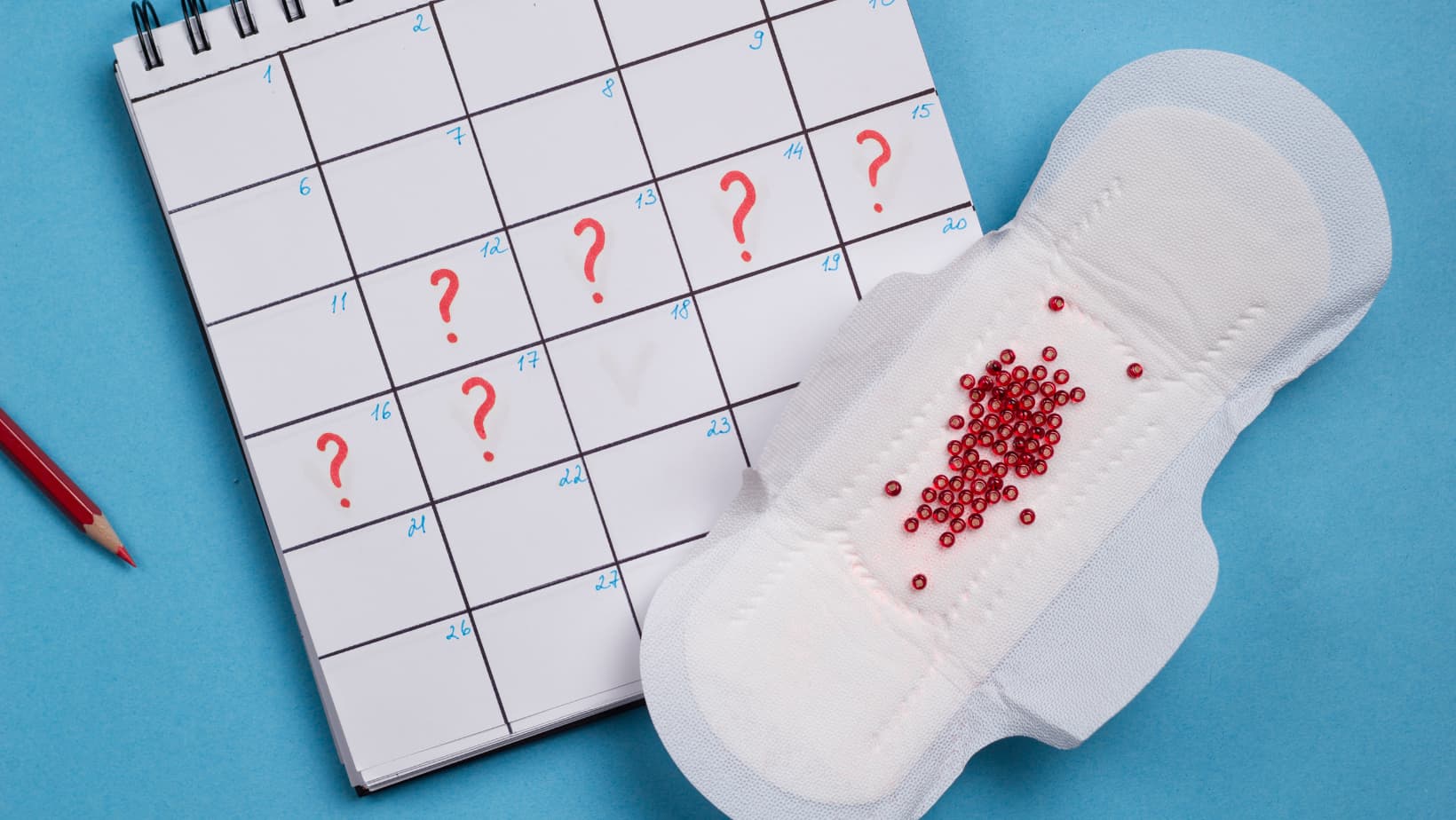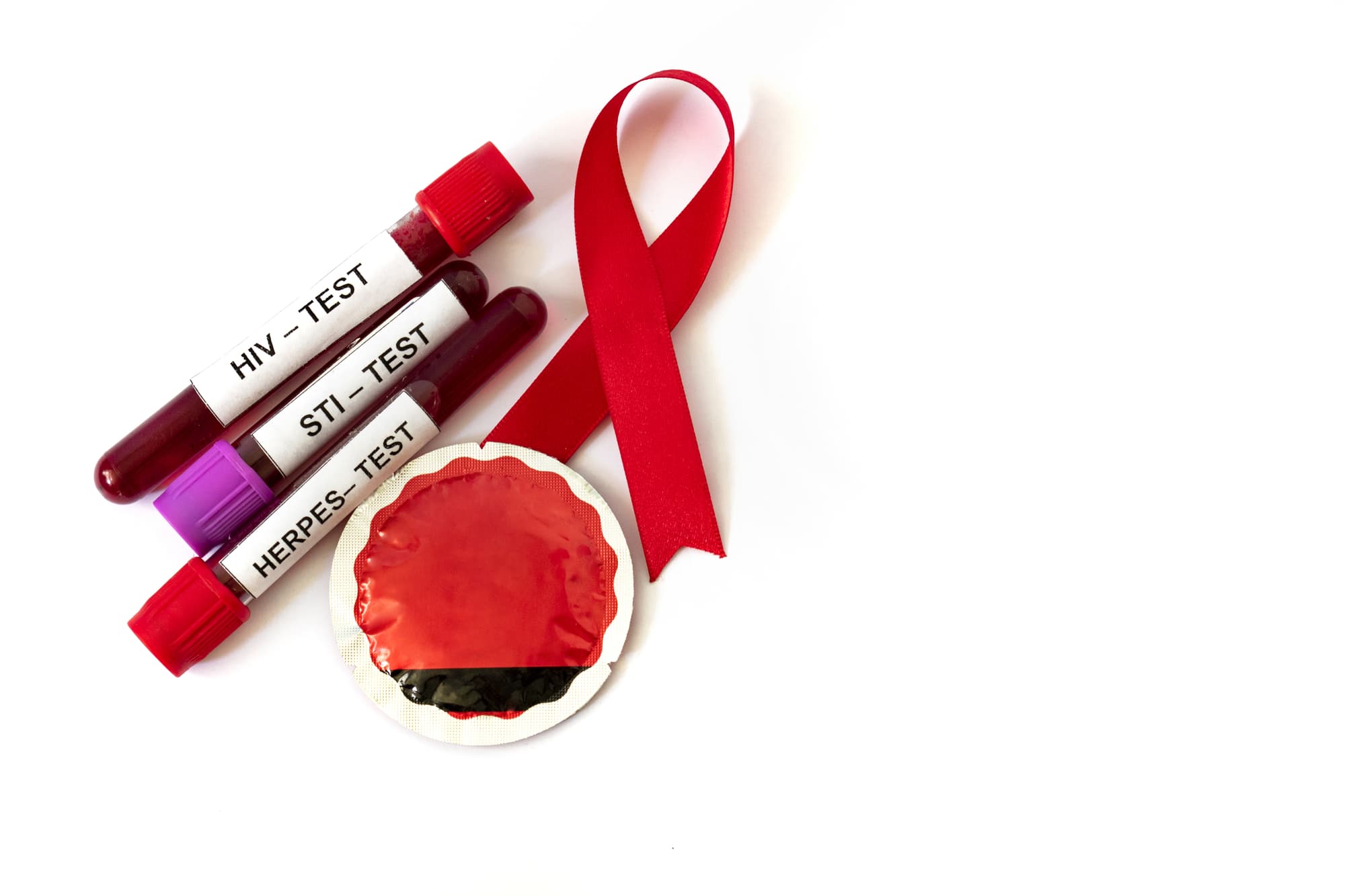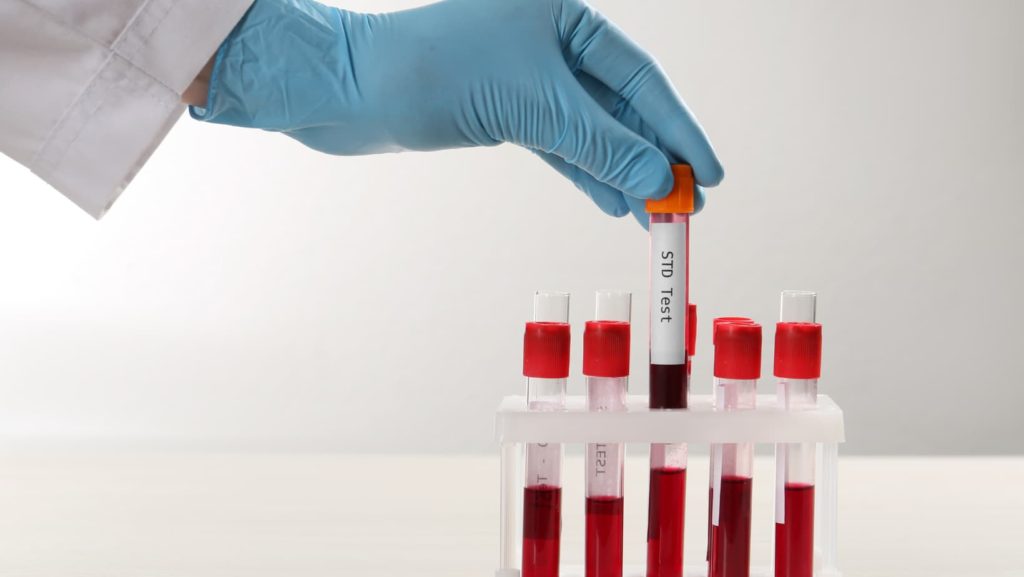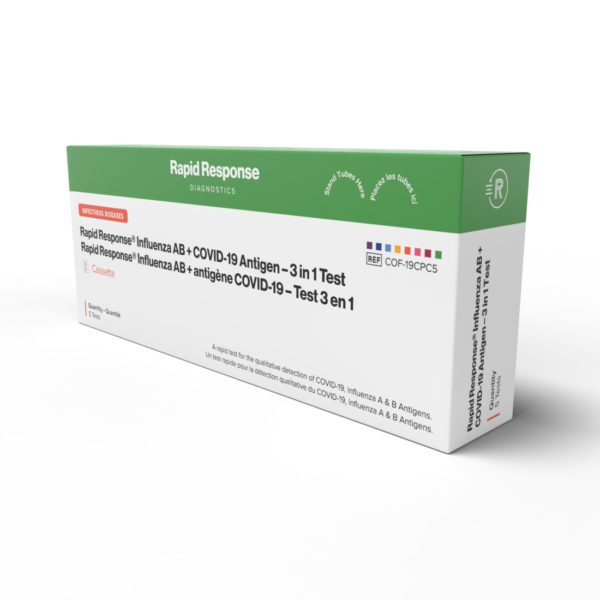Sexually transmitted infections (STIs) are serious health issues that can be addressed with regular testing.
Some STIs show no symptoms, which is why we recommend STI testing to be part of your regular healthcare checkup routine, especially if you’re sexually active. Knowing your status can help you to make informed decisions and take necessary actions based on your results.
If you’re on your period and planning on taking an STI test, you may wonder whether to proceed with the test.
Yes, it’s perfectly fine to have your STI test during your period.
What happens during an STI test?

STI tests involve a series of procedures that aim to detect the presence of specific bacteria, viruses, parasites, or fungi that can cause in infection.
The specific tests conducted may vary depending on the suspected STI and the healthcare provider’s recommendations. Some common types of STI tests include:
- Blood tests: These tests analyze a blood sample to detect antibodies or genetic material specific to certain STIs, such as HIV, syphilis, or hepatitis.
- Urine tests: Urine samples are often used to test for STIs like chlamydia and gonorrhea. These tests detect the presence of bacteria or genetic material from the infections.
- Swabs: Swabs may be used to collect samples from the genital area, mouth, throat or rectum. These samples are then analyzed for various STIs, including chlamydia, gonorrhea and herpes.
- Physical examinations: Healthcare providers may conduct physical examinations to check for visible signs or symptoms of STIs, such as genital warts or sores.
Menstruation and STI Tests

During menstruation, the uterus sheds its lining that results to vaginal bleeding. This raises the question of whether menstruation affects the accuracy and reliability of STI tests.
While menstrual blood can potentially interfere with certain tests, you can still perform most STI tests during this time of the month and yield reliable results.
Here’s a closer look at some common STI tests and their compatibility with menstruation:
- Blood tests: Menstruation does not typically affect blood tests for STIs, as the blood sample is collected from a vein in the arm. The presence of menstrual blood does not interfere with detecting STI-related antibodies or genetic material in the bloodstream.
- Urine tests: Most urine tests for STIs can still be conducted during menstruation. However, it’s essential to follow the instructions provided with the test kit carefully to ensure accurate results. Using a tampon or menstrual cup may be recommended to temporarily block the menstrual flow during sample collection.
- Swabs: Unlike other STI tests, menstrual blood may affect swabbing test results, particularly if it’s the genital area. Consult with a healthcare professional regarding the best time to perform these tests, as they may suggest waiting until after your period is over to obtain more accurate results.
When to get tested for an STI

Regular STI testing should be an essential part of your health care routine and the recommended testing frequency may vary depending on your sexual activity, risk factors, and the specific STIs you may be at risk for.
Consult with a healthcare professional who can assess your situation and provide personalized recommendations.
Here are some general guidelines for STI testing:
- Annual testing: Even if you’re in a monogamous relationship, getting tested for STIs at least once a year is recommended as a preventive measure.
- New sexual partner: Whenever you have a new sexual partner, it’s crucial to get tested for STIs before engaging in any sexual activity. This helps ensure both your safety and that of your partner.
- Symptoms or concerns: If you experience symptoms such as unusual discharge, pain during urination, genital sores, or any other concerning signs, it’s important to get tested for STIs immediately.
- Risk factors: Certain behaviors or circumstances may increase your risk of contracting STIs. These include multiple sexual partners, unprotected sex or having a partner with a known STI. In such cases, more frequent testing may be recommended.
How can you get an STI testing kit?

You can conveniently buy an STI testing kit in pharmacies or online and discreetly collect samples at home.
When ordering online, be sure to choose certified testing kits from a reputable and credible brand.
Ready to get started? Check out our STI testing kits here.























































